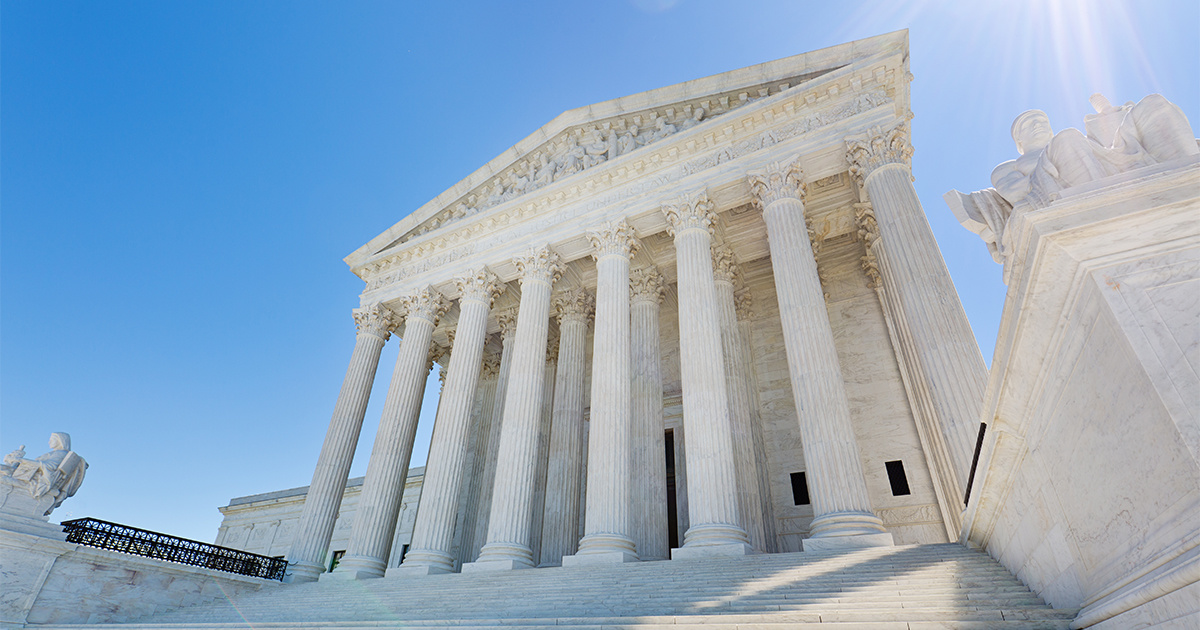

The fight over the controversial Atlantic Coast Pipeline may be headed to the Supreme Court.
Dominion Energy, the lead developer of the project that would carry fracked natural gas for 605 miles through West Virginia, Virginia and North Carolina, said Tuesday it would appeal to the nation’s highest court after an appeals court refused to reconsider its decision to throw out a crucial permit for the project on Monday, The Associated Press reported.
Dominion and the U.S. Forest Service had asked the fourth U.S. Court of Appeals for a re-hearing of the court’s December 2018 decision to toss the U.S. Forest Service permit allowing the pipeline to cross the George Washington and Monongahela National Forests as well as part of the Appalachian Trail. The court refused.
The court had ruled in December that the U.S. Forest Service did not have the authority to grant the pipeline company permission to cross the Appalachian Trail.
“The Fourth Circuit’s decision, now final, confirmed that this pipeline has to play by the same rules as everybody else,” Southern Environmental Law Center (SELC) Senior Attorney D.J. Gerken said in a press release. “The Forest Service has never approved a new pipeline across the Appalachian Trail — but, under intense political pressure, it did for Atlantic, while ignoring routes that would avoid the forest. Atlantic could reroute, but instead it should scrap this boondoggle and stop running up a bill it wants to stick to customers.”
The SELC brought the lawsuit that resulted in December’s decision on behalf of the Sierra Club, the Virginia Wilderness Committee and other environmental groups.
Dominion said it would file an appeal with the Supreme Court within 90 days, The Associated Press reported. It is also seeking “legislative and administrative options” in case the Supreme Court refuses to hear its case, thought it did not specify what those might be.
Gerken speculated to The Associated Press that Dominion might ask Congress to grant the U.S. Forest Service or another body the authority to allow it to cross the trail.
Construction is now stopped along the entire route of the pipeline, and the cost of the project has gone from an estimated $4.5 to 5 billion when first announced to $7 to $7.5 billion, West Virginia Public Broadcasting reported. Despite this, the company said it would complete the project and that “at least partial construction will recommence in the third quarter of 2019.”
However, pipeline opponents are hoping the company will admit defeat.
“The Fourth Circuit has once again made it clear what everyone but the corporate polluters behind the Atlantic Coast Pipeline already know: it is impossible to construct this fracked gas project without causing massive landslides and threatening the Appalachian Trail and our clean water. Any proposal to threaten our communities, our clean water, and our national parks and public lands simply cannot ever be permitted. It’s past time that the companies behind the disastrous Atlantic Coast Pipeline abandon this dirty and dangerous project once and for all,” Sierra Club Senior Attorney Nathan Matthews said in the SELC release.

 233k
233k  41k
41k  Subscribe
Subscribe 